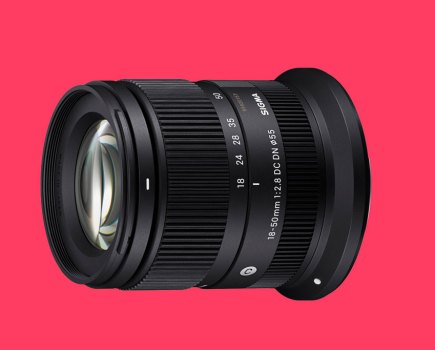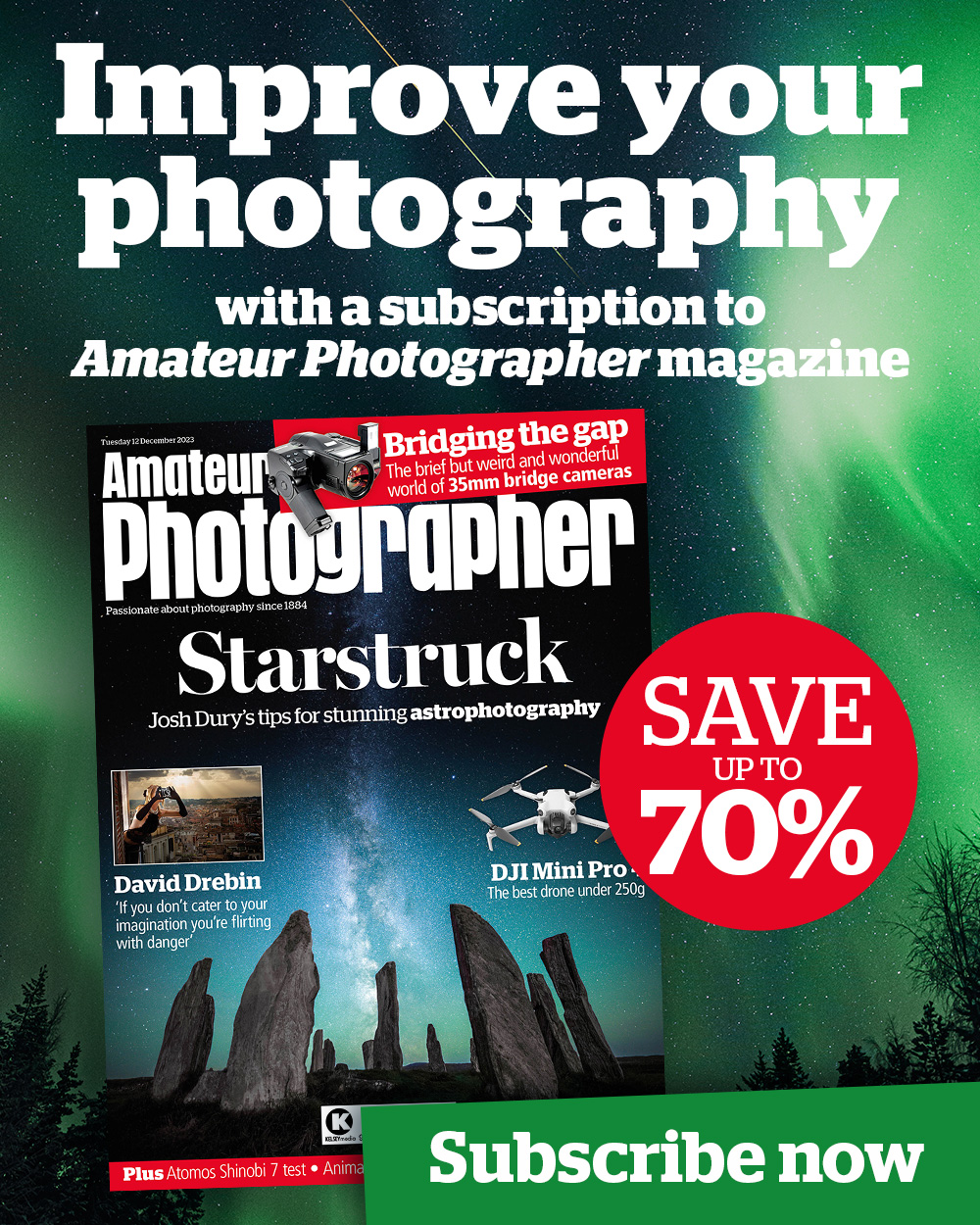Page One: Letter addresses ‘Stop and Account’
 Amateur Photographer has obtained a full copy of a letter sent to police chiefs, detailing officers’ powers to stop photographers under anti-terrorism legislation.
Amateur Photographer has obtained a full copy of a letter sent to police chiefs, detailing officers’ powers to stop photographers under anti-terrorism legislation.
READ ACPO’s WARNING TO POLICE CHIEFS IN FULL HERE
NEWS UPDATE: Met pulls PCSOs from South Bank?
This is the first time that the letter has been published in full following last week’s widespread media coverage.
The letter – written as a ‘Memo’ dated 4 December – was sent by the Association of Chief Police Officers (ACPO) to Chief Constables and Commissioners of police forces across England and Wales.
It includes ‘clarification’ of ‘stop and account’ procedures following concerns raised by Amateur Photographer magazine last week.
And it specifically addresses a law, introduced earlier this year, that potentially criminalises photography of police officers.
On the latter, ACPO’s instructions to police are as follows: ‘Section 58A Counter Terrorism Act 2008 provides powers to cover instances where photographs are being taken of police officers who are, or who have been, employed at the front line of counter terrorism operations.
‘These scenarios will be exceptionally rare events and do not cover instances of photography by rail enthusiasts, tourists or the media.’
Police ‘stop and account’ procedure
‘Stop and Account’ is a form a police officer is legally required to produce once an officer demands someone’s personal details.
On this the ACPO letter states: ‘Encounters between police officers and PCSOs and the public range from general conversation through to arrest. Officers need to be absolutely clear that no record needs to be submitted to cover any activity that merely constitutes a conversation.’
It adds: ‘Only at the point where a member of the public is asked to account for their actions, behaviour, presence in an area or possession of an item, do the provisions of the PACE [Police and Criminal Evidence Act] apply and a record for that ‘stop and account’ need be submitted. Even at that point a discussion does not constitute the use of any police power and should not be recorded under the auspices of the Terrorism Act, for example.’
However, the letter fails to spell out that the person being stopped is not, by law, required to supply this information.
ACPO had yet to comment on this at the time of writing.
Letter follows ‘adverse media coverage’
The letter is signed by Andrew Trotter OBE, head of ACPO’s Media Advisory Group and Craig Mackey, who represents ACPO on Stop and Search policy.
It begins: ‘Adverse media coverage of the police service use of Section 44 powers, when dealing with issues relating to photography, have recently hit the headlines again and suggest that officers continue to misuse legislation that is available to them.
‘The evidence also suggests that there is confusion over the recording requirements of ‘Stop and Account’ and the actual police powers of ‘Stop and Search’. The purpose of this letter is to clarify the legislation and guidance in relation to these matters.’
Regarding Section 44 Stop and Search the letter adds: ‘Section 44 gives officers no specific powers in relation to photography and there is no provision in law for the confiscation of equipment or the destruction of images, either digital or on film.
‘On the rare occasion where an officer suspects that an individual is taking photographs as part of target reconnaissance for terrorist purposes, then they should be treated as a terrorist suspect and dealt with under Section 43 of this [Terrorism] Act. This would ensure that the legal power exists to seize equipment and recover images taken.’
READ ACPO’s WARNING TO POLICE CHIEFS IN FULL HERE
NEWS UPDATE: MP lodges new Commons petition
RELATED ARTICLES
Photography in public campaign: Video by AP news editor
MP lodges new Commons petition
The Independent’s photo rights article
Sunday Telegraph interviews AP
Top Gear photographer blasts Met
Photography in public campaign escalates
BBC photographer in terror stop
Police apology after Christmas lights fiasco
Jet ski photographer files complaint against police
Home Office publishes new guidance
Terror police and photography: Know your rights
Met issues photography guidelines
Amateur Photographer magazine to help draft anti-terror guidance
Carlile report criticises terror law
Photographers ‘guilty’ until proved innocent
Lawyer speaks out about terror law threat
AP magazine requests stops and search data
Police stop and search powers to be cut
Government issues stop and search pledge.
Photographers face wider anti-terror curbs
Photographers stage Scotland Yard protest
Page Two: ACPO’s ‘Memo’ to police chiefs in full
 NEWS UPDATE: Met pulls PCSOs from South Bank?
NEWS UPDATE: Met pulls PCSOs from South Bank?
This is a copy of a letter sent by the Association of Chief Police Officers to Chief Constables and Commissioners across England and Wales over the weekend:
4 December 2009
To: all Chief Constables and Commissioners
Dear Colleague
Section 44 Terrorism Act and Photography
Adverse media coverage of the police service use of Section 44 powers, when dealing with issues relating to photography, have recently hit the headlines again and suggests that officers continue to misuse the legislation that is available to them. The evidence also suggests that there is confusion over the recording requirements of ?Stop and Account? and the actual police powers of ?Stop and Search?. The purpose of this letter is to clarify the legislation and guidance in relation to these matters.
Stop and Search
Section 44 gives officers no specific powers in relation to photography and there is no provision in law for the confiscation of equipment or the destruction of images, either digital or on film.
On the rare occasion where an officer suspects that an individual is taking photographs as part of target reconnaissance for terrorist purposes, then they should be treated as a terrorist suspect and dealt with under Section 43 of the Act. This would ensure that the legal power exists to seize equipment and recover images taken. Section 58A Counter Terrorism Act 2008 provides powers to cover instances where photographs are being taken of police officers who are, or who have been, employed at the front line of counter terrorism operations.
These scenarios will be exceptionally rare events and do not cover instances of photography by rail enthusiasts, tourists or the media.
The ACPO/NPIA Practice Advice, published in December 2008, is again included with this letter and specifically covers the issues surrounding photography. The guidance also includes the need for clear briefings on the use of Section 44 and it may be appropriate to include photography issues within those briefings.
Stop and Account
Encounters between police officers and PCSOs and the public range from general conversation through to arrest. Officers need to be absolutely clear that no record needs to be submitted to cover any activity that merely constitutes a conversation.
Only at the point where a member of the public is asked to account for their actions, behaviour, presence in an area or possession of an item, do the provisions of the PACE Act apply and a record for that ?stop and account? need to be submitted. Even at that point, such a discussion does not constitute the use of any police power and should not be recorded under the auspices of the Terrorism Act, for example.
Officers should be reminded that it is not an offence for a member of the public or journalist to take photographs of a public building and use of cameras by the public does not ordinarily permit use of stop and search powers.
Yours sincerely
Andrew Trotter OBE QPM
Chief Constable
Head of ACPO Media Advisory Group
Craig Mackey QPM
Stop and Search
Equality, Diversity and Human Rights Business Area
RELATED ARTICLES
Photography in public campaign: Video by AP news editor
The Independent’s photo rights article
Sunday Telegraph interviews AP
Top Gear photographer blasts Met
Photography in public campaign escalates
BBC photographer in terror stop
Police apology after Christmas lights fiasco
Jet ski photographer files complaint against police
Home Office publishes new guidance
Terror police and photography: Know your rights
Met issues photography guidelines
Amateur Photographer magazine to help draft anti-terror guidance
Carlile report criticises terror law
Photographers ‘guilty’ until proved innocent
Lawyer speaks out about terror law threat
AP magazine requests stops and search data
Police stop and search powers to be cut
Government issues stop and search pledge.






